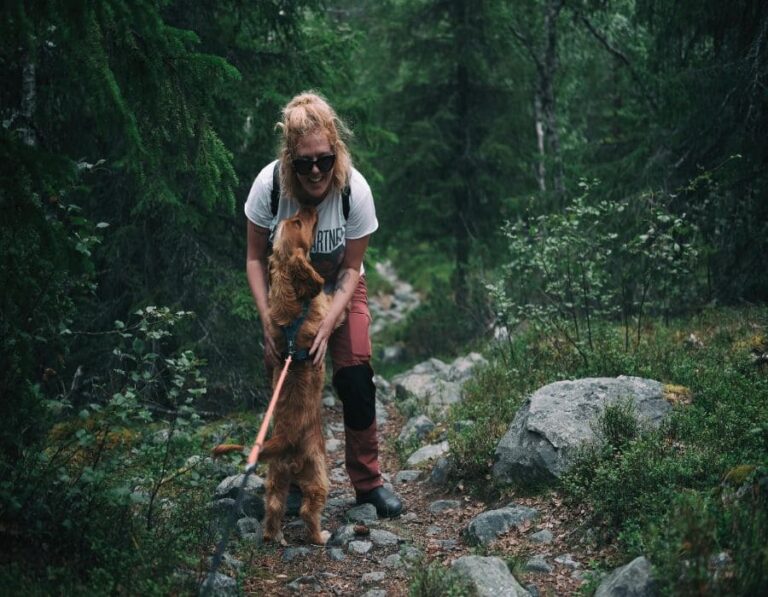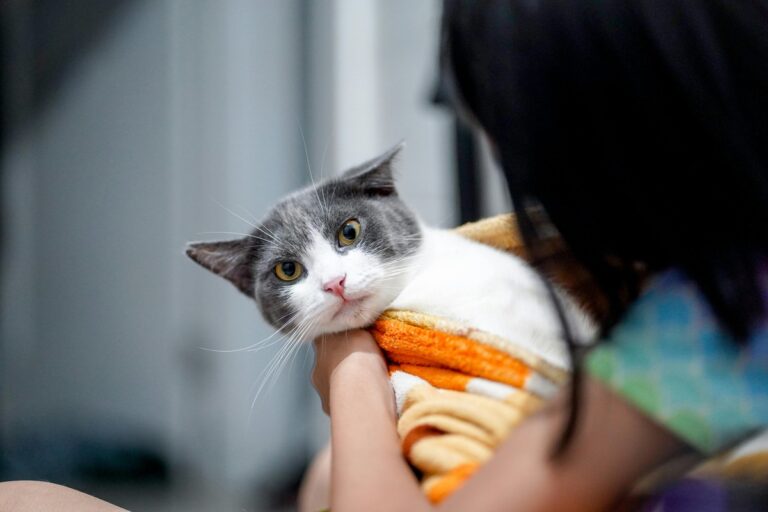14 Reasons Why You Should Not Get a French Bulldog
French Bulldogs are undeniably adorable with their squishy faces and big personalities, but they aren’t the perfect fit for everyone. Their popularity might make them seem like the ideal companion, but owning one comes with unique challenges.
From their health concerns to their stubborn nature, here are 14 reasons why a French Bulldog might not be the right breed for you.
1. They Are Prone to Health Issues

French Bulldogs are a brachycephalic breed, meaning they have flat faces that can cause breathing difficulties. They are also prone to allergies, hip dysplasia, and spinal problems. Regular vet visits and potential medical costs can add up quickly.
2. They Struggle in Hot Weather
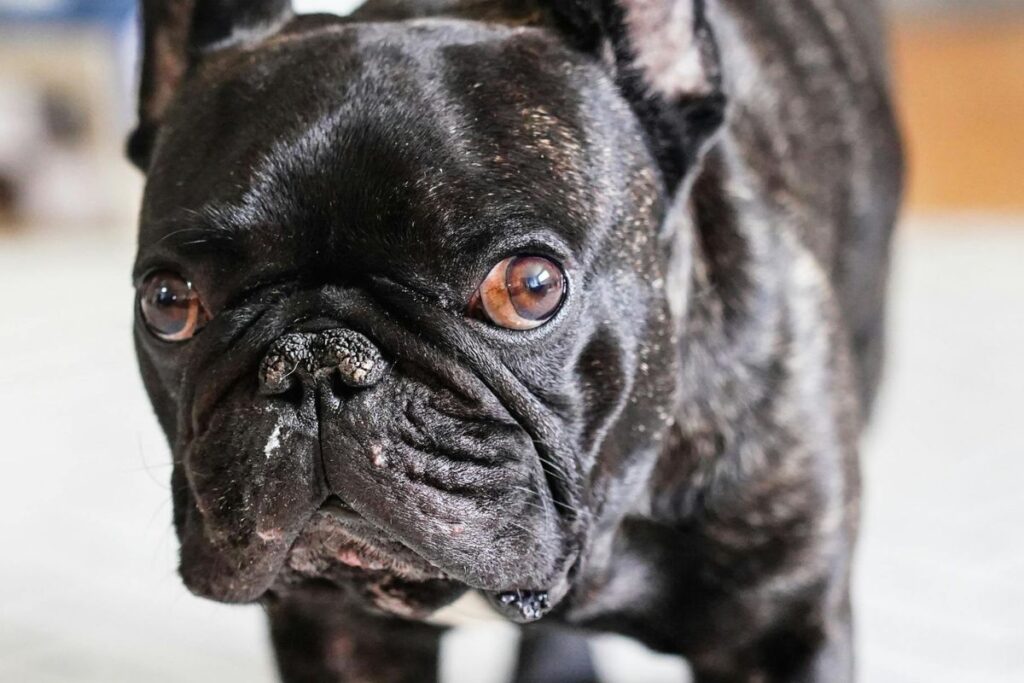
Because of their short snouts, French Bulldogs have difficulty regulating their body temperature. They can easily overheat, making hot summers a serious risk. If you live in a warm climate, keeping them cool can be a constant challenge.
3. They Can Be Stubborn
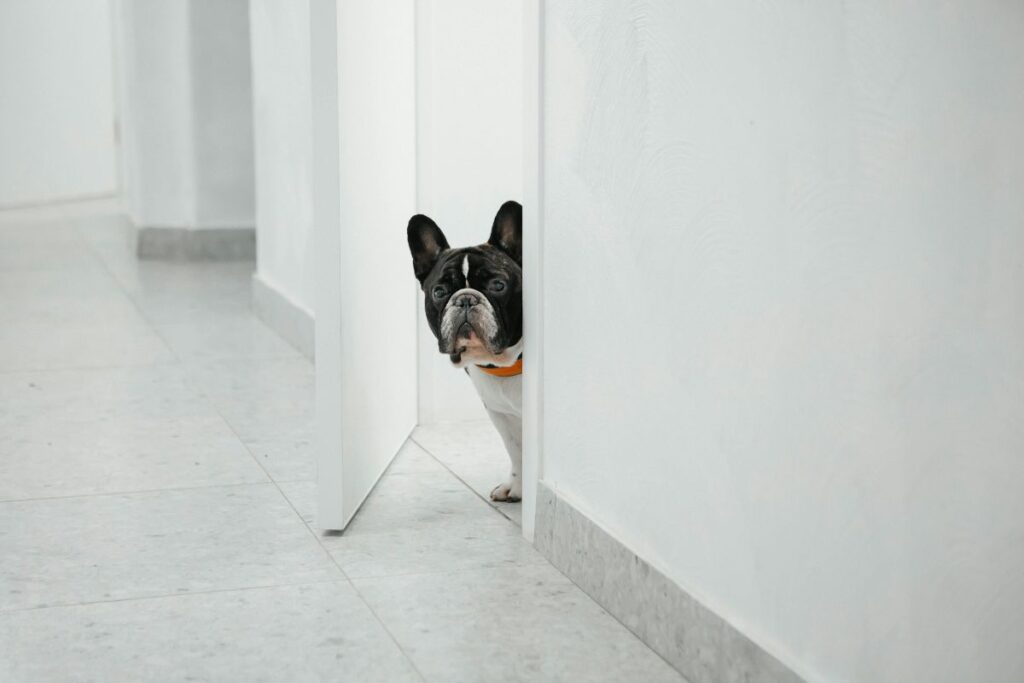
French Bulldogs are intelligent but notoriously stubborn. Training can be frustrating, especially for first-time dog owners. They require patience and consistency to learn commands and good behavior.
4. They Are Prone to Separation Anxiety

French Bulldogs are incredibly attached to their owners and don’t do well when left alone for long periods. If you have a busy lifestyle or work long hours, they may become anxious and develop destructive behaviors.
5. They Can Be Noisy
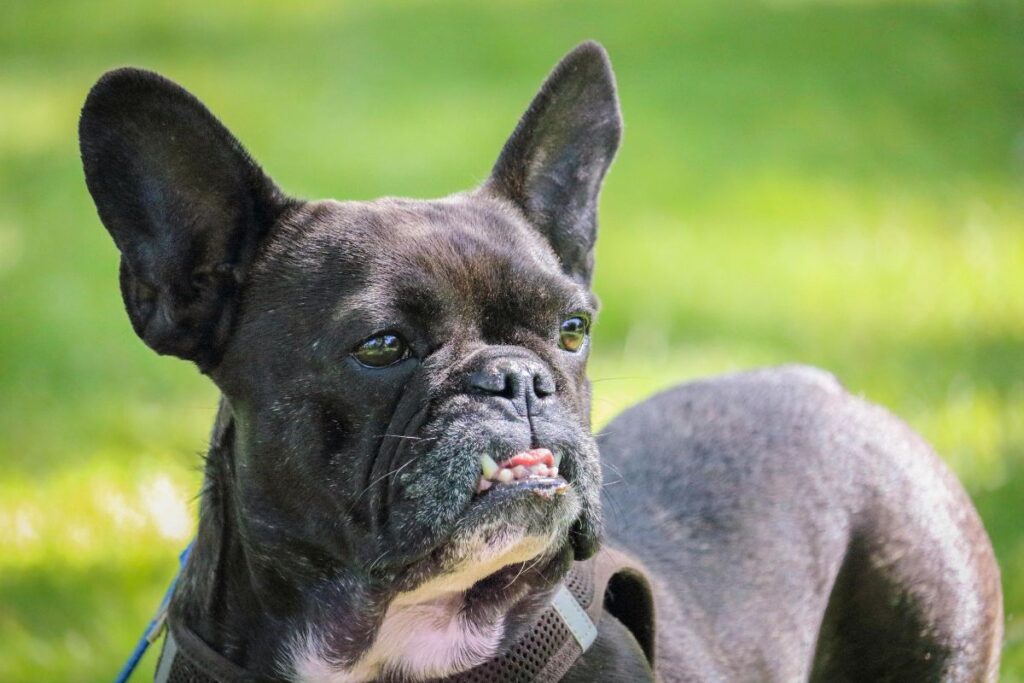
Despite their small size, French Bulldogs can be quite vocal. They snort, grunt, wheeze, and even “talk” when they want attention. If you prefer a quiet dog, their quirky noises might not be for you.
6. They Are Not Good Swimmers
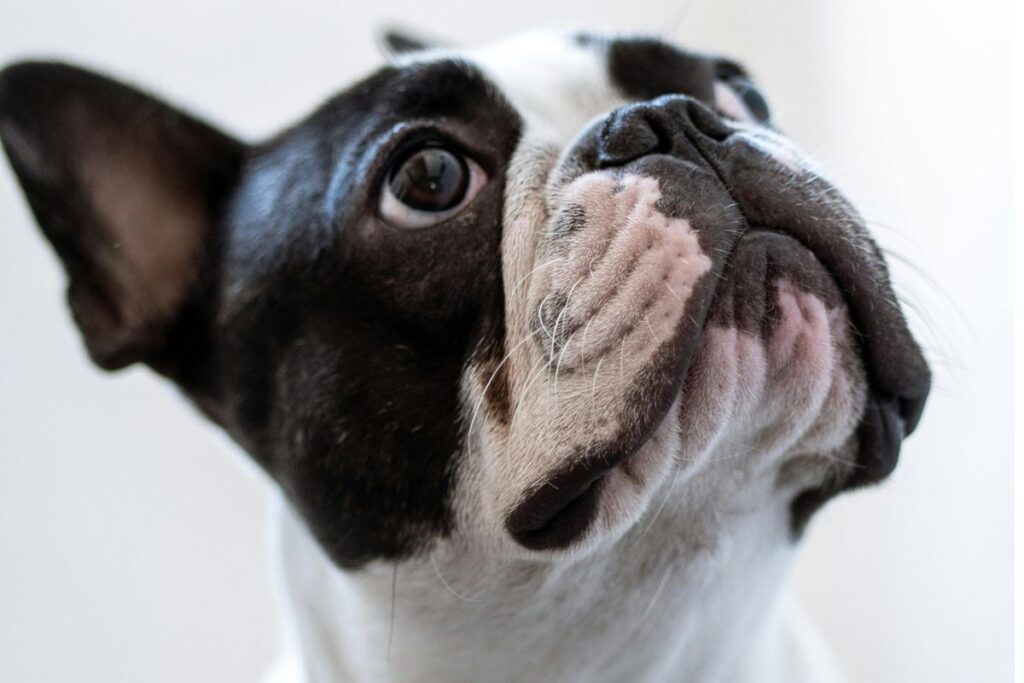
Unlike some dog breeds that love water, French Bulldogs struggle to swim due to their short legs and heavy bodies. If you have a pool or enjoy trips to the lake, you’ll need to keep a close eye on them to prevent accidents.
7. They Require Regular Cleaning

Those adorable face wrinkles need regular cleaning to prevent infections. Their ears also need frequent care, as they are prone to buildup and infections. If you’re not up for a high-maintenance hygiene routine, this breed might not be the best choice.
8. They Can Be Expensive

French Bulldogs are one of the most expensive dog breeds due to their high demand and the cost of responsible breeding. In addition to the initial price, their ongoing medical care, food, and accessories can make them a costly companion.
9. They Are Not the Most Active Dogs

If you’re looking for a running buddy, a French Bulldog is not the right choice. They tire easily and prefer short walks over long adventures. Their low-energy nature can lead to weight gain if not carefully managed.
10. They Are Prone to Gas
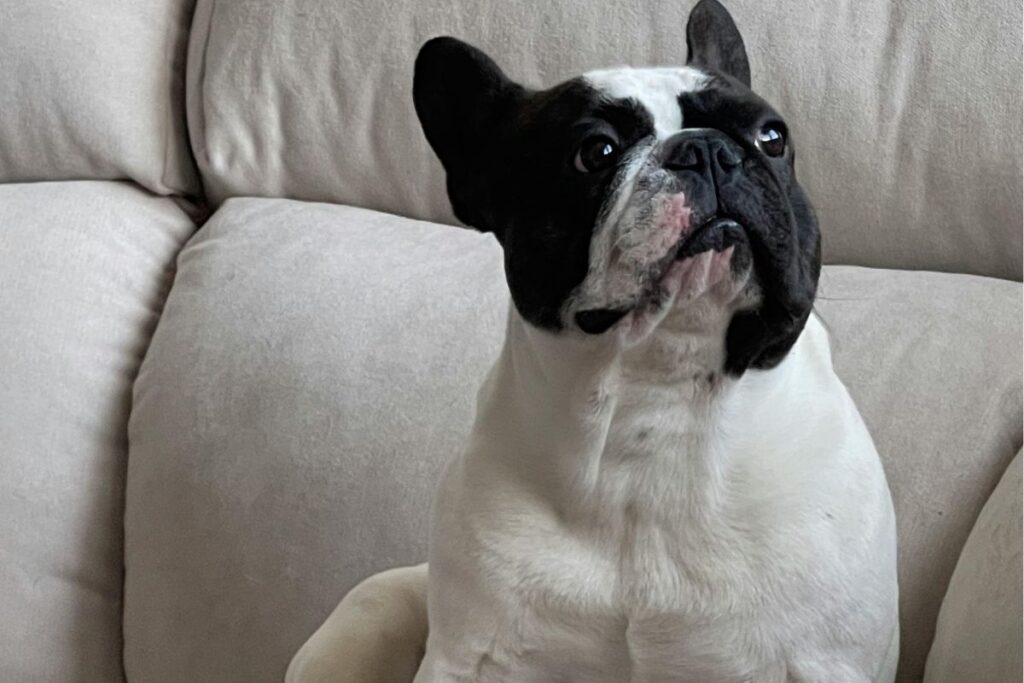
French Bulldogs have sensitive stomachs and are known for excessive flatulence. If you’re sensitive to smells or don’t want a gassy companion, be prepared to manage their diet carefully.
11. They Can Be Hard to House Train

Potty training a French Bulldog can take longer than other breeds. Their stubborn nature means you’ll need patience and a consistent routine to avoid accidents indoors.
12. They Can Be Velcro Dogs
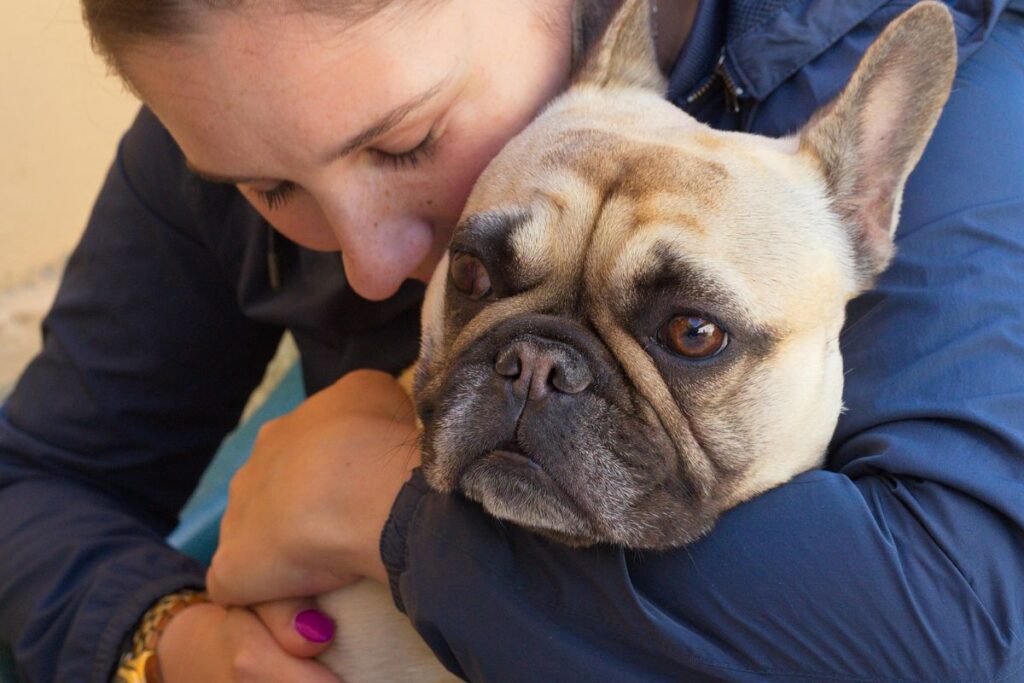
French Bulldogs love being around their owners and will follow you everywhere. While this can be endearing, it also means they may struggle with independence and constantly seek your attention.
13. They Are Sensitive to Changes in Routine

French Bulldogs thrive on consistency and can become stressed when there are significant changes to their daily routine or environment. They don’t adapt well to major disruptions, such as moving homes or sudden shifts in their owner’s schedule.
14. They Can Be Prone to Obesity
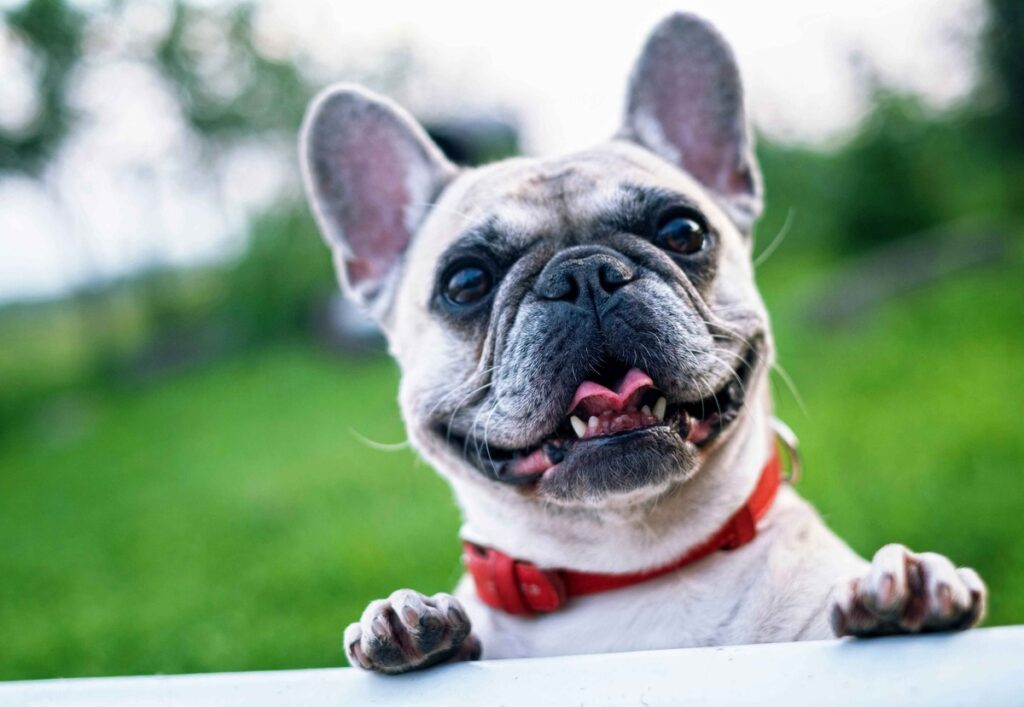
Due to their low activity levels and love of food, French Bulldogs are at risk of becoming overweight. Obesity can exacerbate their existing health problems, such as joint issues and breathing difficulties.
Conclusion
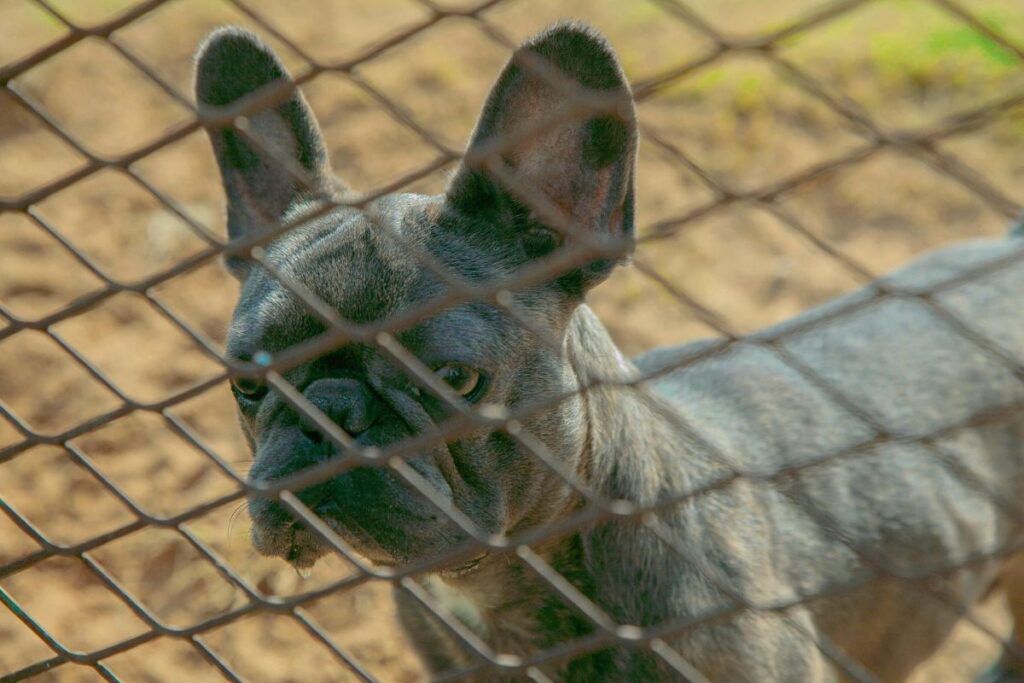
French Bulldogs are affectionate, charming dogs, but they come with their own set of challenges. From health concerns to training difficulties, they require commitment, care, and patience. If you’re not ready for the responsibility, they may not be the right breed for you.



